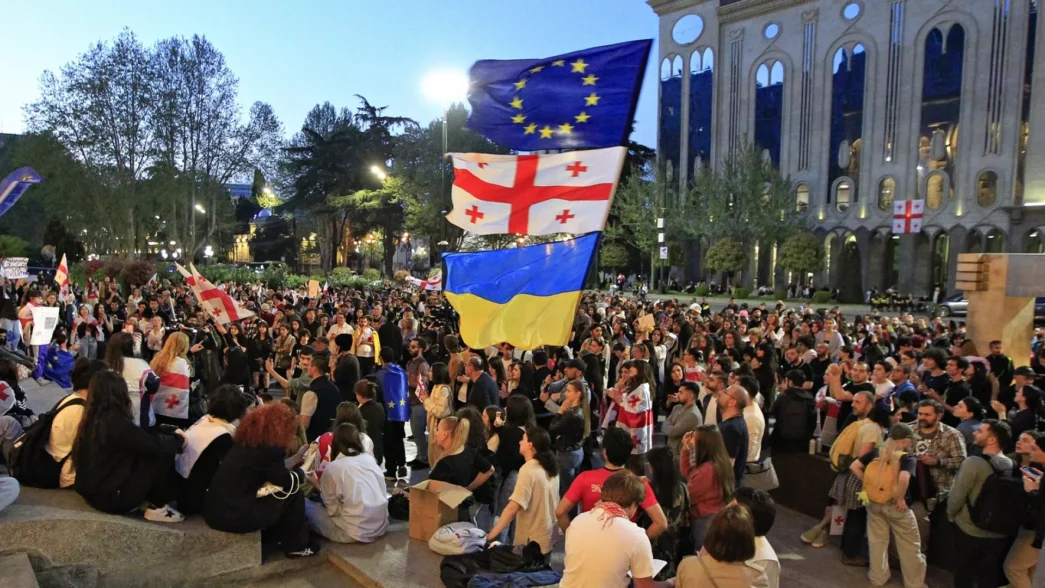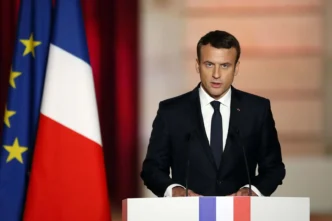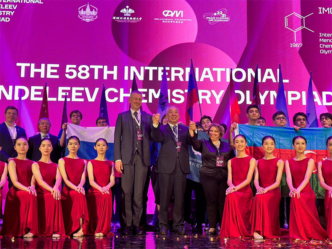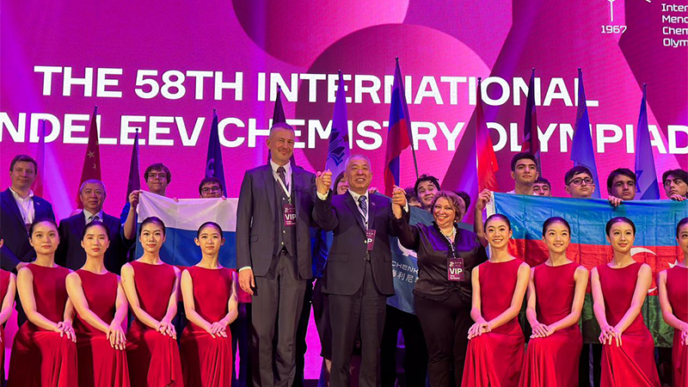Amid mounting criticism, the European Union has escalated its opposition to Georgia’s proposed “foreign influence” law, raising concerns about its potential impact on democratic freedoms and EU accession aspirations.
Charles Michel, President of the European Council, expressed disappointment over the Georgian government’s decision, warning that the bill could undermine the country’s path towards EU integration.
“While Georgia’s declaration as an official candidate for EU membership was a significant milestone, the introduction of this controversial legislation represents a step in the wrong direction,” Michel emphasized in an interview with Euronews.
The legislation, which mandates public registration for media and non-profit organizations receiving over 20% of their funding from abroad, has drawn widespread criticism for its potential to stifle independent voices and civil society. Despite previous withdrawal due to public outcry, a revised version of the bill has resurfaced, prompting renewed protests and condemnation.
The European Commission echoed Michel’s concerns, urging Georgian authorities to reconsider the legislation’s implications. A spokesperson emphasized that any divergence from European principles could impede Georgia’s progress towards EU integration.
NATO, a pivotal aspiration for Georgia, also expressed reservations, emphasizing the importance of media freedom and civil society participation in the country’s Euro-Atlantic integration efforts.
Georgian President Salome Zourabichvili has pledged to veto the legislation if it reaches her desk, highlighting the growing domestic and international opposition to the bill. However, with potential challenges to her veto, the fate of the legislation remains uncertain.
Critics have likened the proposed law to similar measures enacted by Russia to suppress dissent, underscoring the delicate balance between EU aspirations and geopolitical influences in Georgia’s political landscape.
Despite assertions from Georgian Dream party leaders that the law aims to enhance transparency, its passage risks jeopardizing the country’s democratic credentials and exacerbating tensions with EU and NATO partners.
As Georgia grapples with the implications of the proposed legislation, its commitment to European values and democratic principles faces a critical test, with implications for its future trajectory and geopolitical alignments.
















